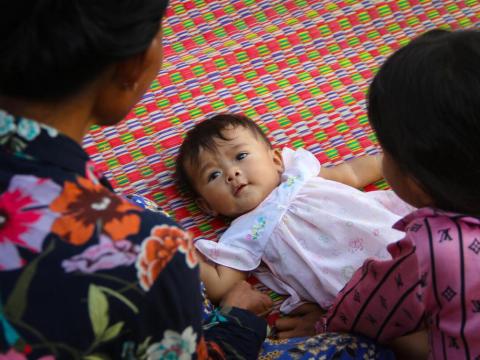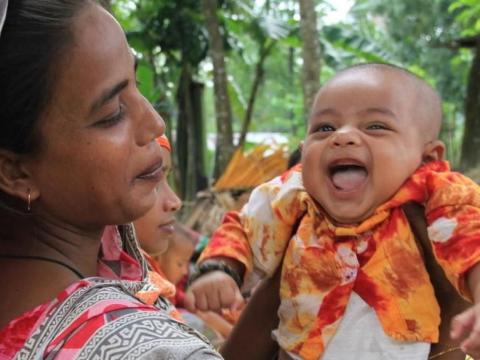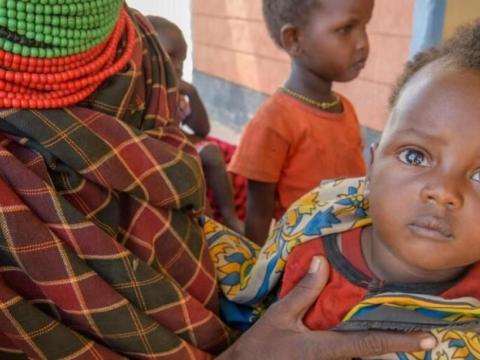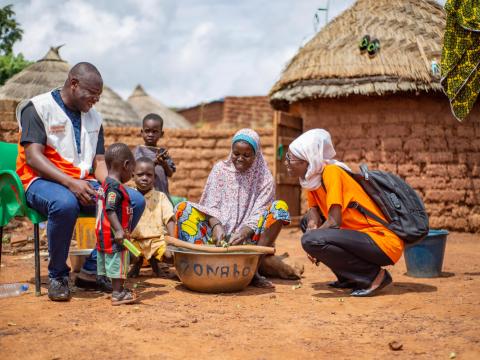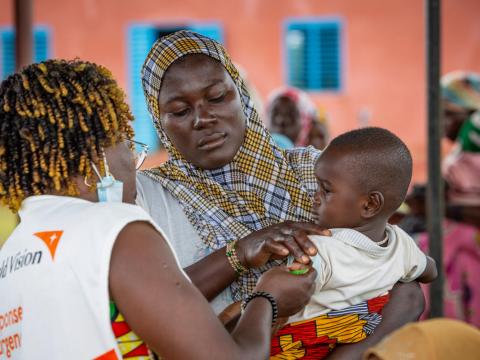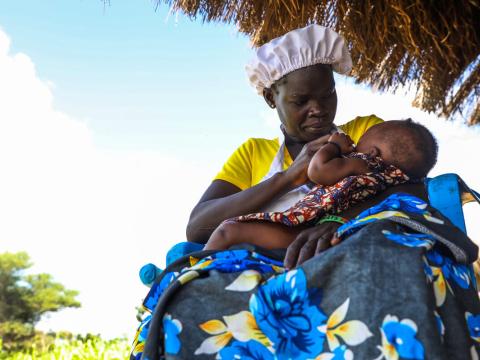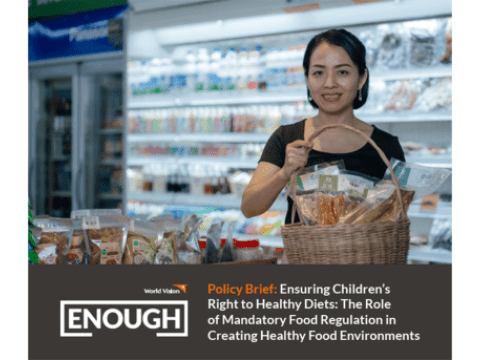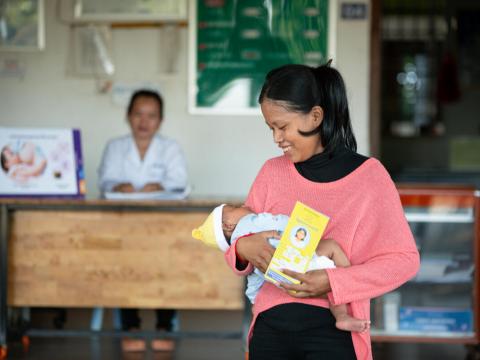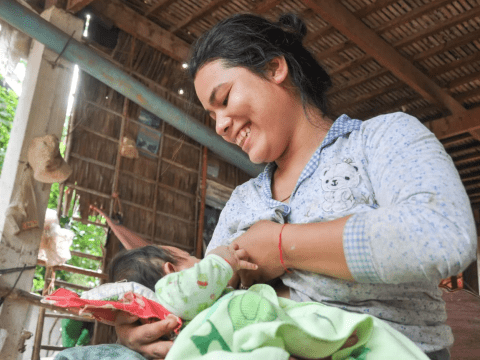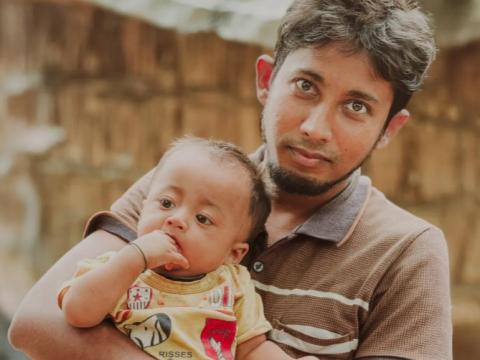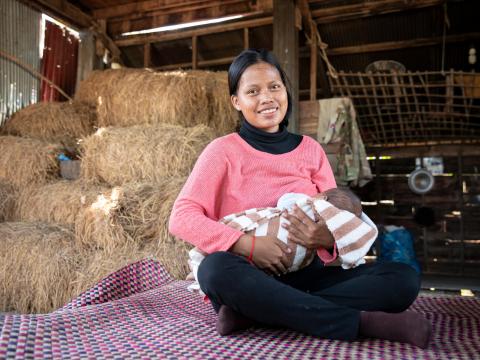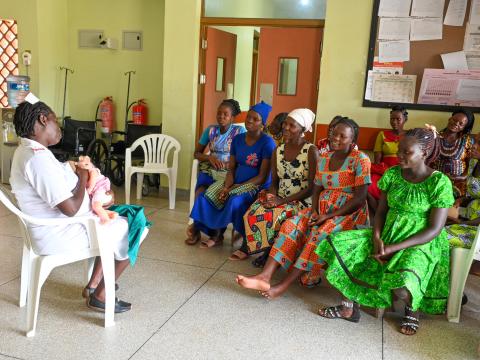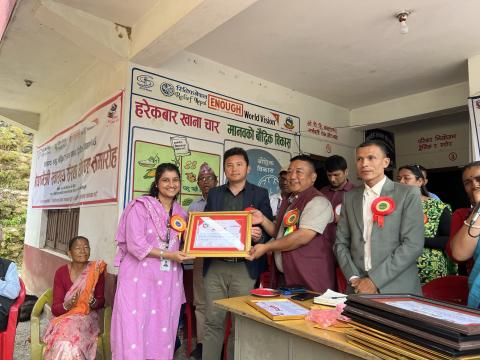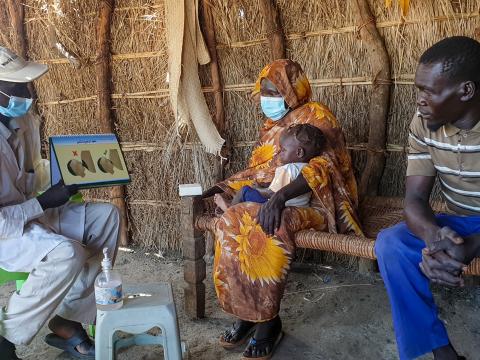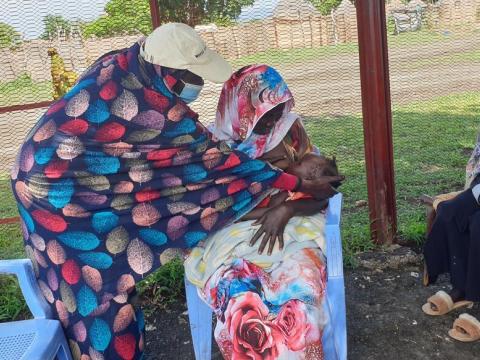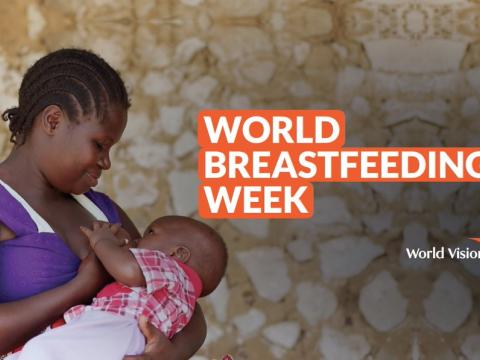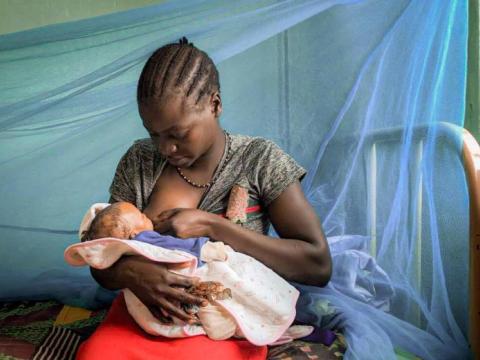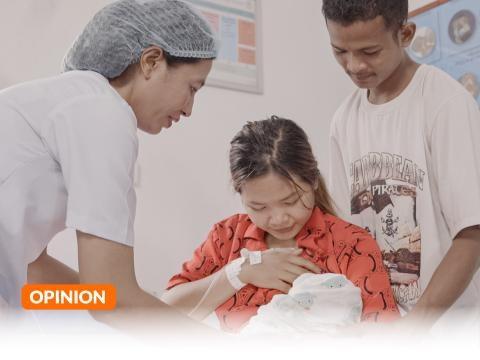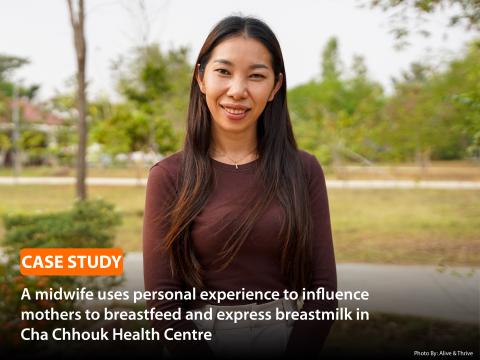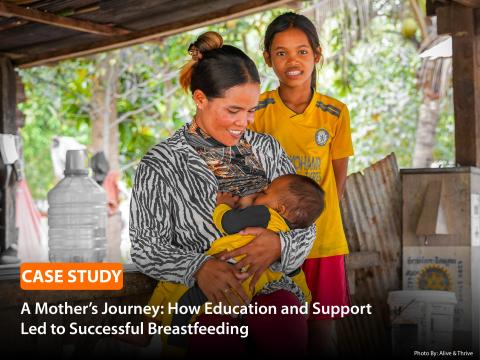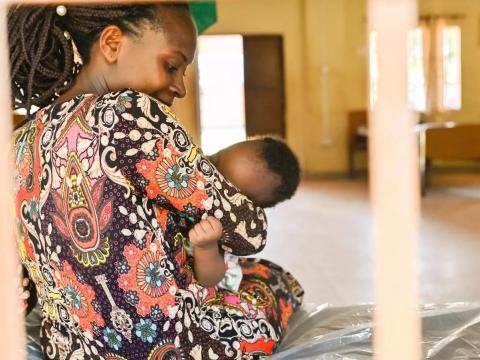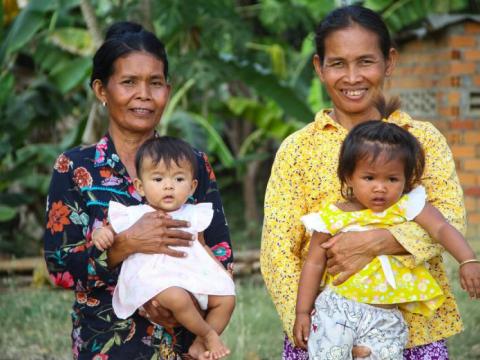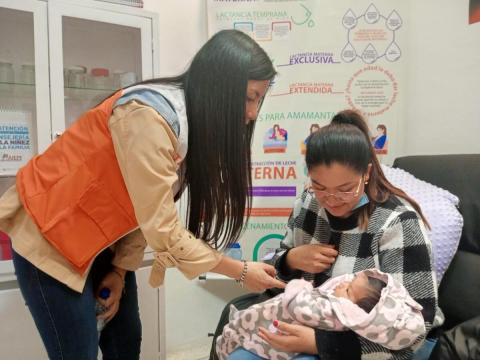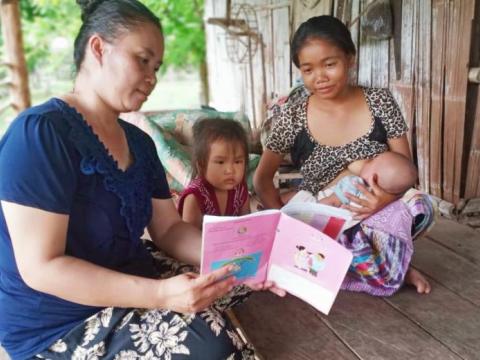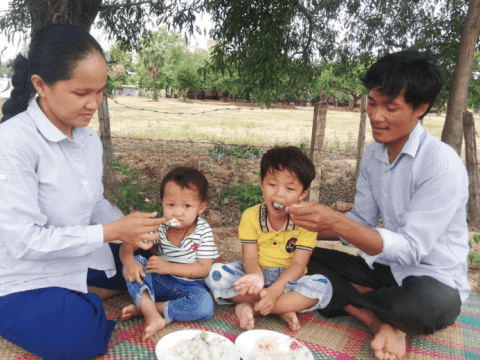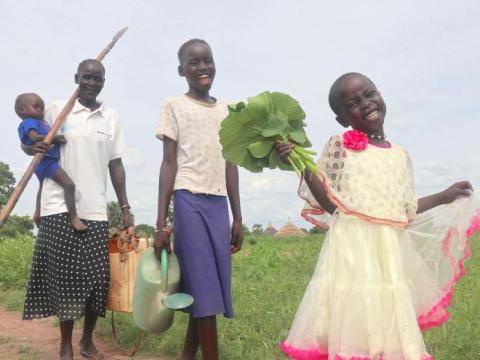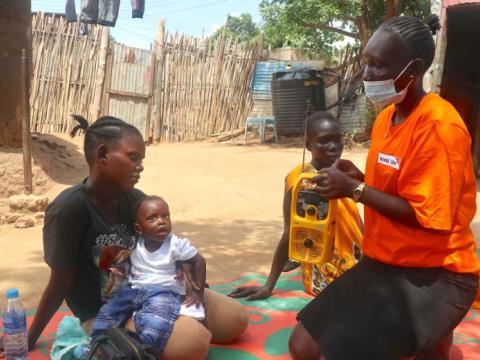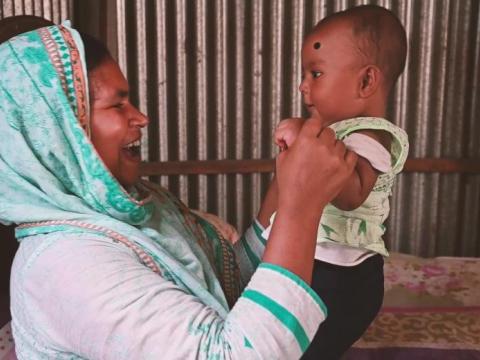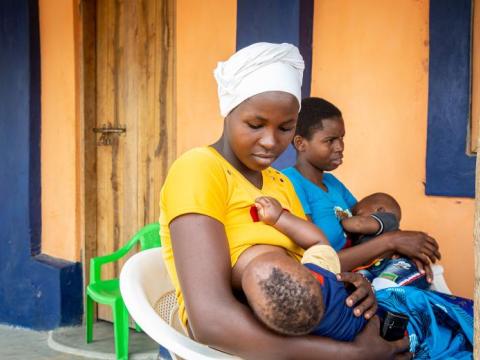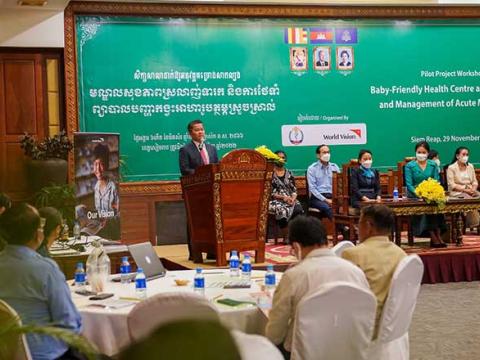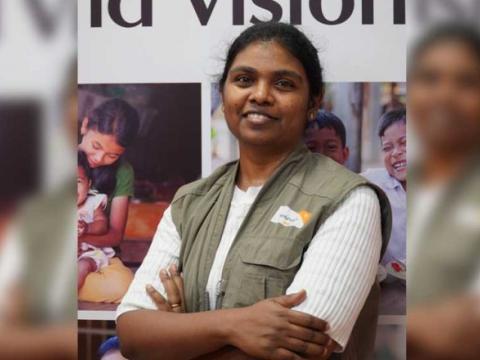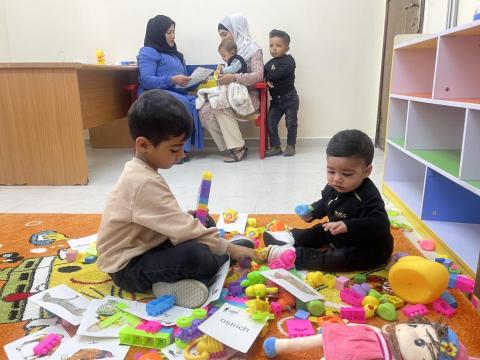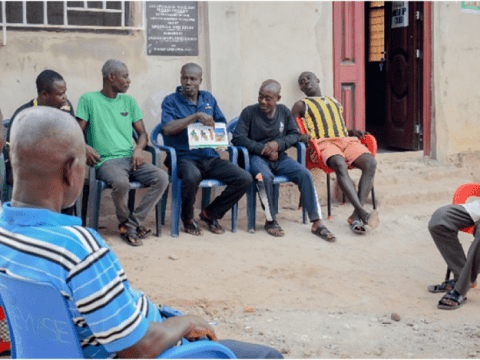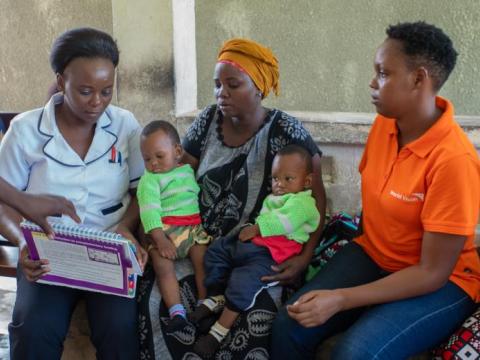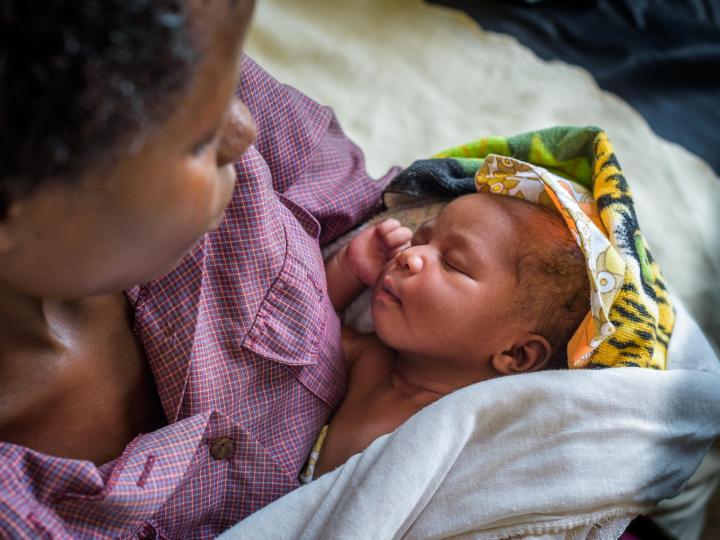
Appropriate Breastfeeding
Breastfeeding – a child's first food system and their first vaccine – is the single most effective intervention in preventing child deaths under five.
Why Breastfeeding Matters
Exclusive breastfeeding – meaning the infant receives only breast milk with no other liquids or solids, not even water – for the first six months of life is one of the most effective and affordable ways to ensure a child's survival and well-being. It fuels the rapid growth and critical brain development during the first two years of life, helping children reach their full physical and mental potential.
Appropriate breastfeeding has a high impact on reducing infant and child mortality. Babies who are not exclusively breastfed in the first six months are 14 times more likely to die than those who are. Failure to invest in breastfeeding costs the global economy an estimated $507 billion annually - equivalent to 0.6% of the world's gross national income. These losses are driven by higher healthcare costs, reduced productivity, and lower lifetime earnings resulting from impaired cognitive development.
Despite its benefits, only 44% of infants worldwide are exclusively breastfed for the first six months, far below the 2030 global target of 60%. Less than half of newborns are breastfed within the first hour of life. (FAO 2022). Yet breast milk is free, safe, and always available – even in the most resource-limited settings.
World Vision's position
World Vision supports, promotes, and protects breastfeeding as a life-saving intervention. We advocate for:
- Immediate initiation of breastfeeding within the first hour after birth
- Exclusive breastfeeding for the first six months (no other liquids or solids, except for prescribed medicines)
- Continued breastfeeding up to two years and beyond, alongside appropriate complementary feeding starting at six months.
To uphold safe and effective feeding practices, and avoid harm to children, World Vision established a policy in 1991 on the procurement and use of milk and milk-derived products in field programmes, updated regularly to reflect the latest global guidance..
World Vision is a member of the Global Breastfeeding Collective and the Infant Feeding in Emergency (IFE) Core Group, and fully supports the WHO International Code of Marketing of Breast-milk Substitutes.
